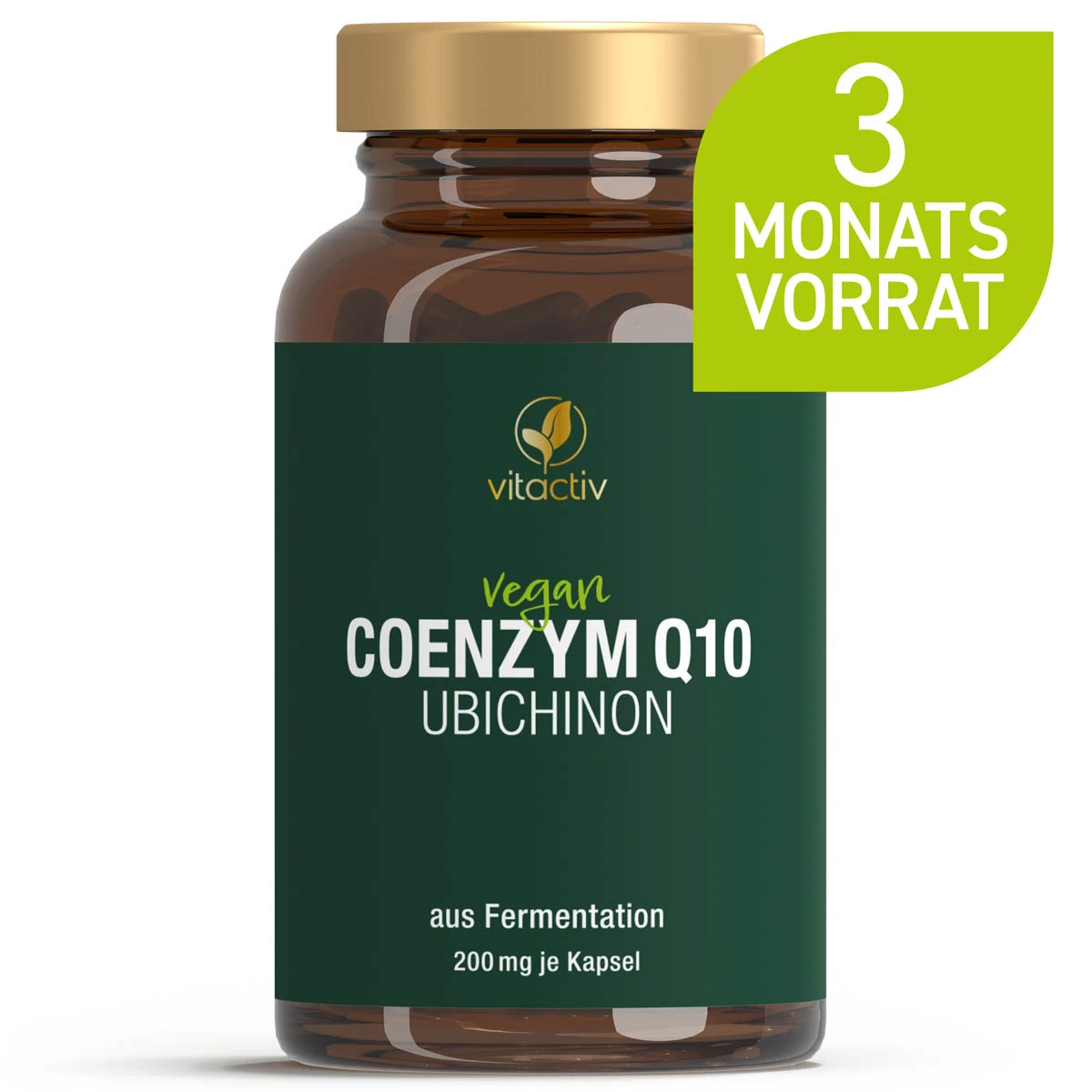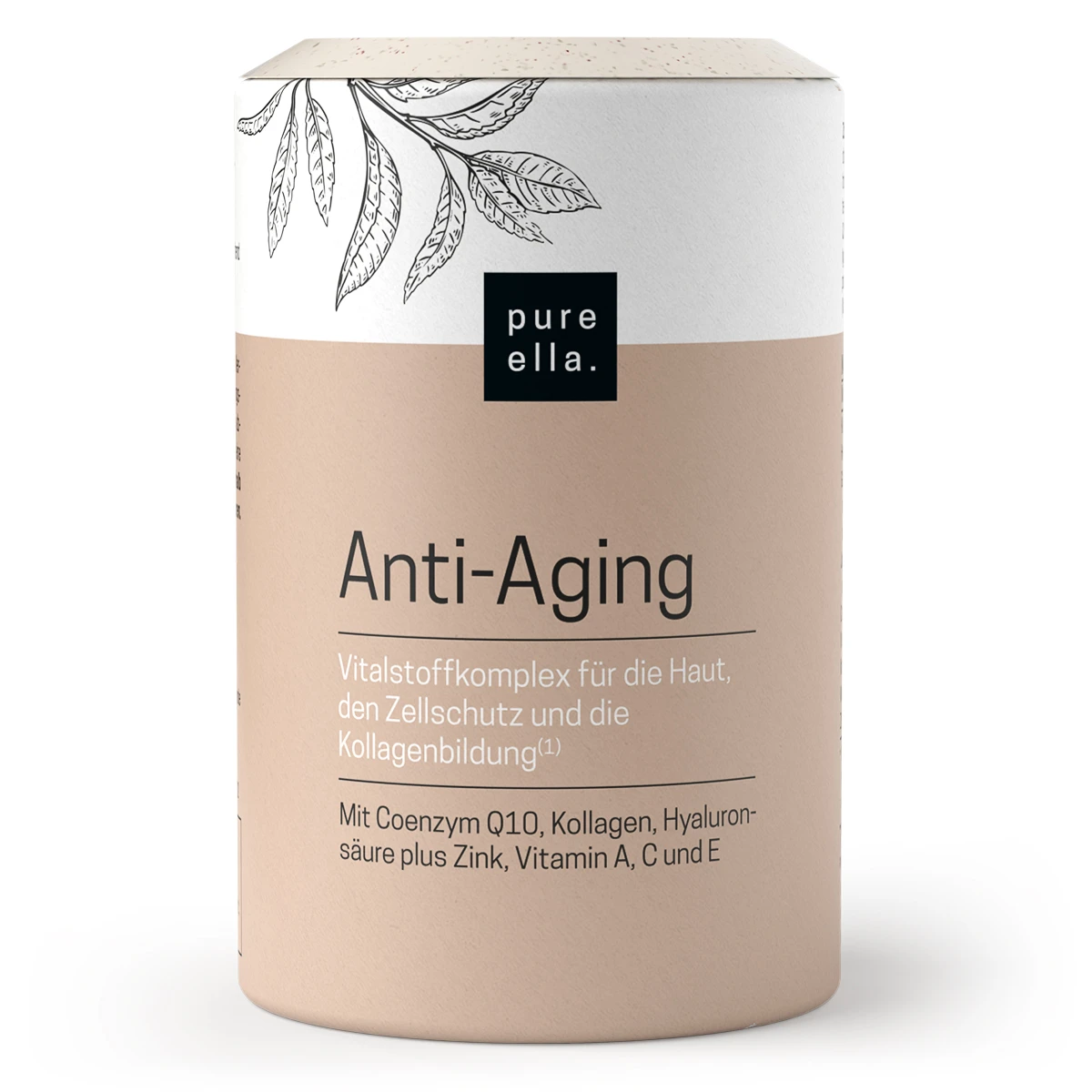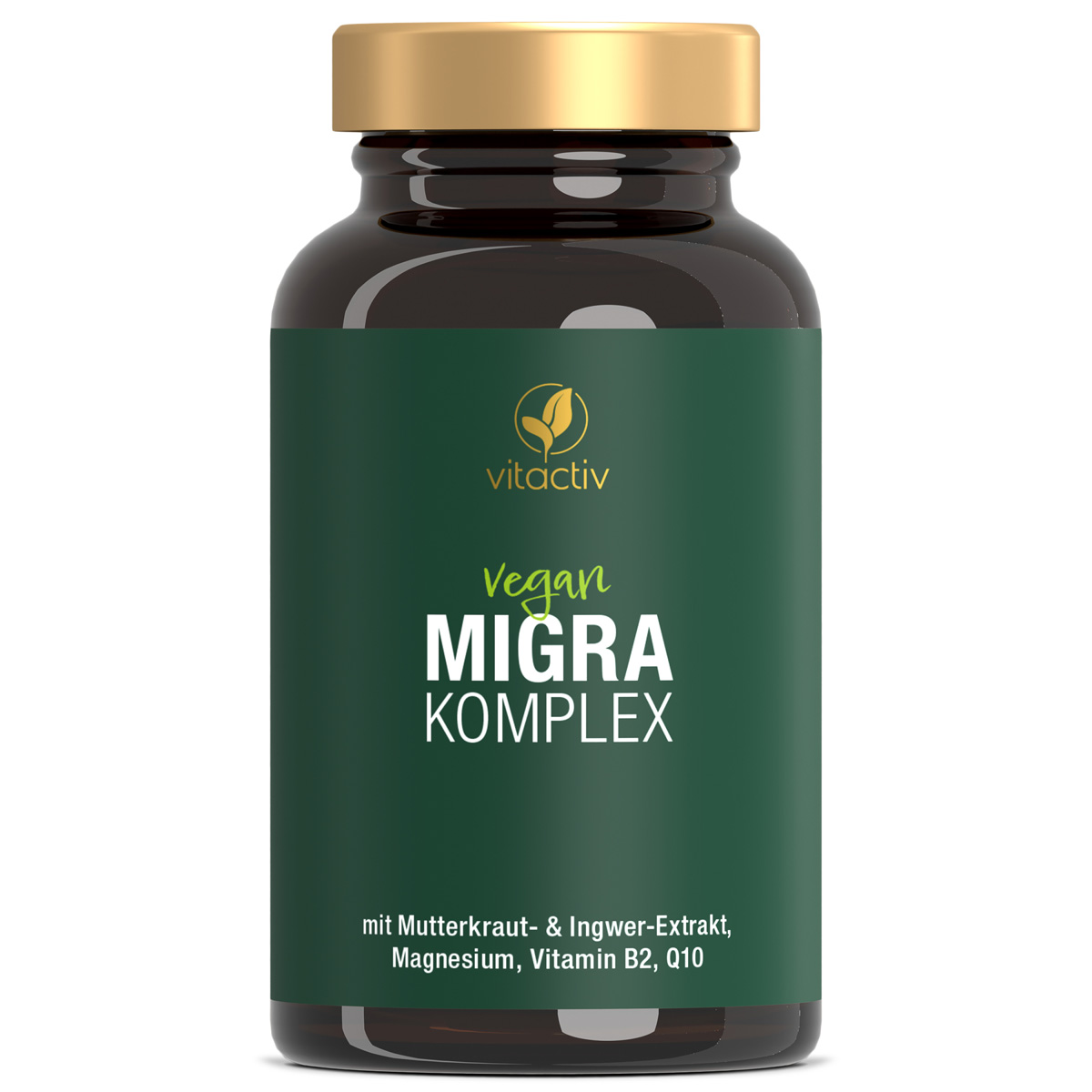Coenzyme Q10
Content: 0.041 kg (€621.71* / 1 kg)
€25.49 €29.99
(€621.71 / 1 kg)Content: 0.036 kg (€471.94* / 1 kg)
€16.99 €19.99
(€471.94 / 1 kg)Content: 0.0655 kg (€335.73* / 1 kg)
€21.99
(€335.73 / 1 kg)Coenzyme Q10 - known for energy and well-being
Coenzyme Q10 is a vitaminoid, i.e. a vitamin-like vital substance produced naturally in the body. It is also known as "ubiquinone-10", which is derived from the Latin word "ubique", meaning "everywhere". The name reflects the fact that the vitaminoid is found in almost all living organisms.
Absorption and production in the body
Coenzyme Q10 is firstly absorbed directly from food and secondly synthesized by the body itself. However, in order for the body to be able to produce the coenzyme itself, a healthy supply of nutrients must be ensured. The body needs both B vitamins and amino acids to produce coenzyme Q10.
In the diet, coenzyme Q10 is primarily found in particularly high-fat foods:
- Meat
- poultry
- pulses
- soya
- nuts
If you also take food supplements containing coenzyme Q10, you can not only increase your direct intake, but also boost your body's own production. This is possible with capsules that contain vitamin B1 as well as high-dose, plant-based coenzyme Q10.
Vitamin B1 is not only required for the body's own synthesis of the coenzyme, but also supports the following bodily functions:
- normal heart function
- normal energy metabolism
- normal function of the nervous system
- normal psychological function
Natural concentration of the coenzyme Q10
While the coenzyme occurs naturally in the body, its concentration decreases with increasing age. This affects the heart, among other things. For example, the concentration of coenzyme Q10 in a 40-year-old is around 30 percent lower than in a 20-year-old. The levels in 80-year-olds are even around 60 percent lower.
In addition, certain medications can inhibit the body's own production of coenzyme Q10. These include cholesterol-lowering statins. According to studies, the concentration of Q10 in the body's cells drops by up to 50 percent during statin therapy.
However, people taking medication such as anticoagulants should only supplement the coenzyme after consulting a doctor in order to prevent any interactions.
How coenzyme Q10 could help combat fatigue
In 2022, a meta-analysis examined 13 randomized controlled trials with a total of 1,126 participants. Compared to the placebo groups, the group taking the coenzyme showed a statistically significant reduction in fatigue levels. These effects were observed in both healthy and sick participants.
Among the 602 participants who were administered coenzyme Q10, one person complained of gastrointestinal complaints as a side effect.
Ubiquinone vs. ubiquinol
Coenzyme Q10 (ubiquinone) should not be confused with ubiquinol. While ubiquinol is already in the activated state, ubiquinone is first converted into ubiquinone in the body. This not only makes it more stable in storage, but also ensures an optimal dosage - especially as the conversion of ubiquinone into ubiquinol by the body takes place safely and efficiently.
If you have any questions or need advice, please contact us.
Call us at:
0800 678 7997
Write us a message here
Use our chat at the bottom left
Search our FAQs here



